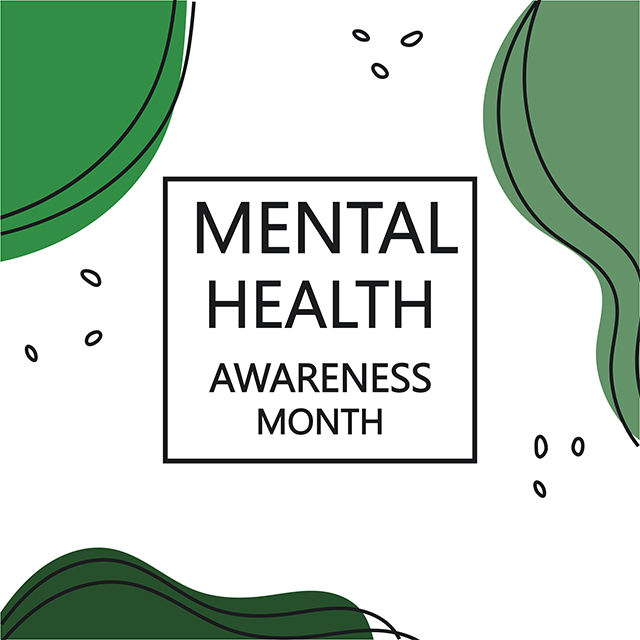Members of Generation Z include people who were born between 1995 and 2010. Sandwiched between Millennials and Generation Alpha, Gen Z individuals are growing up in a time of uncertainty and stress. This generation is also significantly more likely than other generations to report negative mental health according to a recent survey by the APA. One of the major types of mental health struggles that Gen Z is having a hard time with is Social Anxiety.





